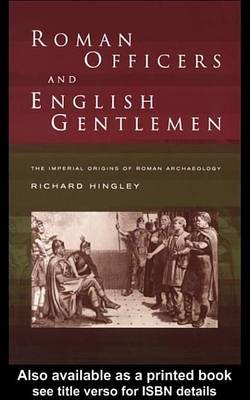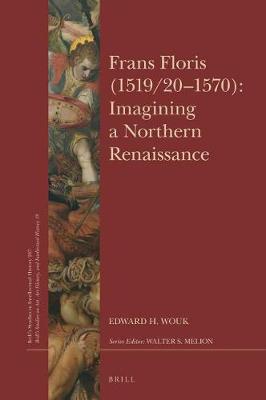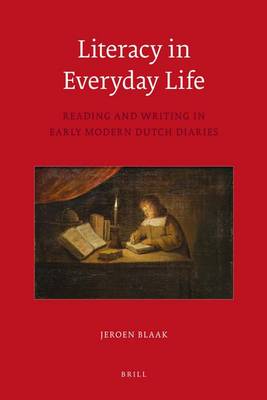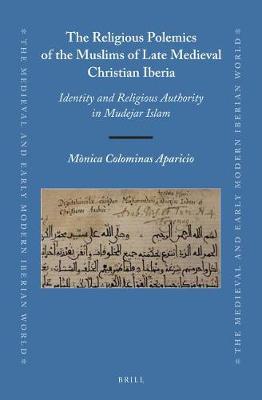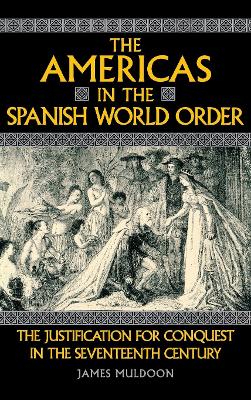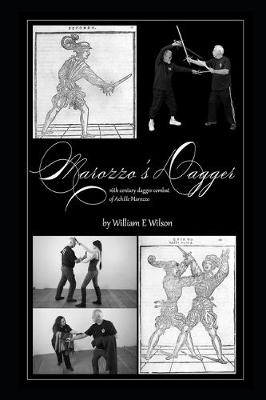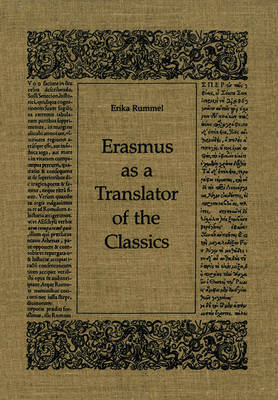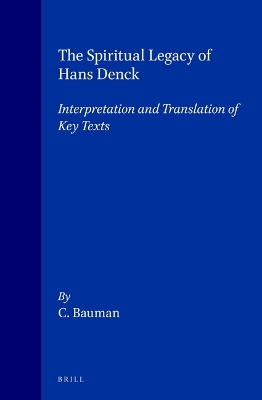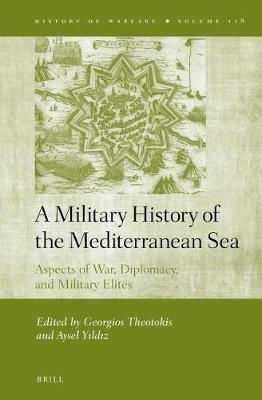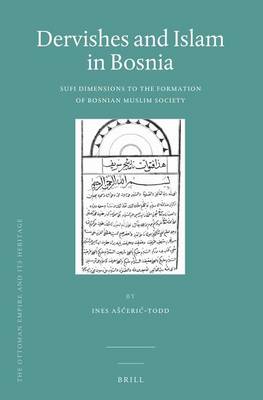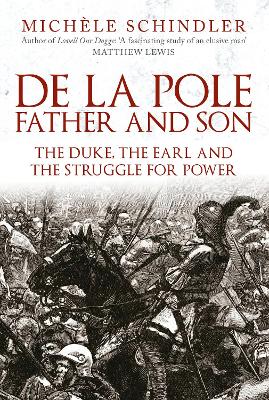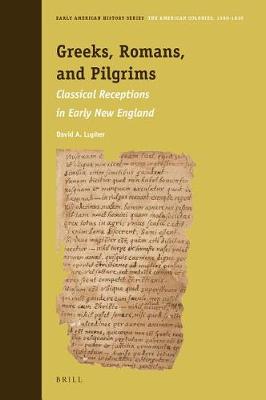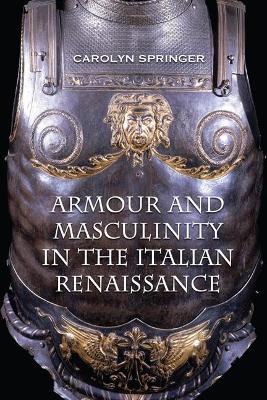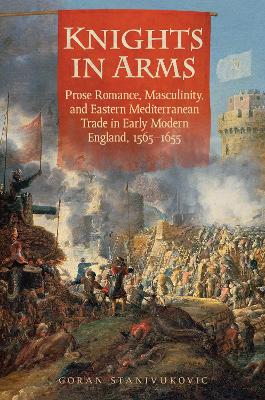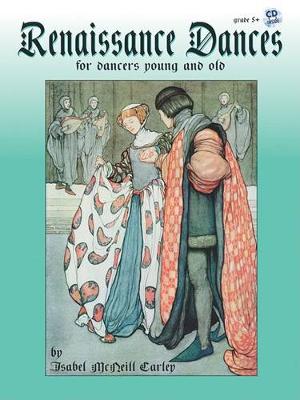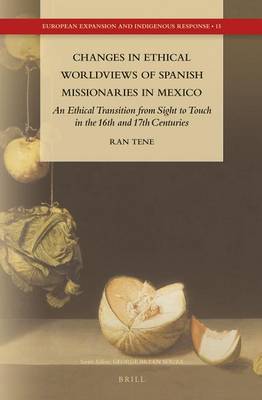This landmark book shows how much Victorian and Edwardian Roman archaeologists were influenced by their own experience of empire in their interpretation of archaeological evidence. This distortion of the facts became accepted truth and its legacy is still felt in archaeology today. While tracing the development of these ideas, the author also gives the reader a throrough grounding in the history of Roman archaeology itself.
Frans Floris de Vriendt radically transformed Netherlandish art. His monumental mythologies introduced a new appreciation for the heroic nude to the Low Countries and his religious art challenged standards of decorum. Born into a family of sculptors and architects, Floris refashioned his art through travel, first studying with the humanist painter Lambert Lombard in Liege and then continuing on to Italy. These experiences defined the hybridizing novelty of his art, forged by juxtaposing antique...
The Religious Polemics of the Muslims of Late Medieval Christian Iberia examines the corpus of polemical literature against the Christians and the Jews of the protected Muslims (Mudejars). Commonly portrayed as communities in cultural and religious decay, Monica Colominas convincingly proves that the discourses against the Christians and the Jews in Mudejar treatises provided authoritative frameworks of Islamic normativity which helped to legitimize the residence of their communities in the Chri...
Juan de Solorzano Pereira (1575-1654) was a lawyer who spent eighteen years as a judge in Peru before returning to Spain to serve on the Councils of Castile and of the Indies. Considered one of the finest lawyers in Spain, his work, De Indiarum Jure, was the most sophisticated defense of the Spanish conquest of the Americas ever written, and he was widely cited in Europe and the Americas until the early nineteenth century. His work, and that of the Spanish School of international law theorists g...
This is the first truly global study of the Society of Jesus's early missions. Up to now historians have treated the early-modern Catholic missionary project as a disjointed collection of regional missions rather than as a single world-encompassing example of religious globalization. Luke Clossey shows how the vast distances separating missions led to logistical problems of transportation and communication incompatible with traditional views of the Society as a tightly centralized military machi...
Erasmus as a Translator of the Classics (Erasmus Studies, #7)
by Erika Rummel
This first full-length study of Erasmus' translations of classical literature examines his approach to translation and, more generally, his role as a transmitter of the classics. It traces in chronological order the progress of his Greek studies and the publication history of his translations from Greek into Latin; these included selections from the works of Libanius, Euripides, Plutarch, Lucian, Galen, Isocrates and Xenophon. It also illustrates Erasmus' methods with appropriate examples from h...
Status and Respectability in the Cape Colony, 1750-1870 (African Studies)
by Robert Ross
In a compelling example of the cultural history of South Africa, Robert Ross offers a subtle and wide-ranging study of status and respectability in the colonial Cape between 1750 and 1850. His 1999 book describes the symbolism of dress, emblems, architecture, food, language, and polite conventions, paying particular attention to domestic relationships, gender, education and religion, and analyses the values and the modes of thinking current in different strata of the society. He argues that thes...
The Spiritual Legacy of Hans Denck (Studies in Medieval and Reformation Traditions, #47)
by Hans Deck and Clarence Bauman
This book conveys the life and thought of Hans Denck (1500-1527), the contemplative genius of the Anabaptist movement, and examines the inner dynamics of his spirituality: its medieval context, its mystic content, and its Jewish roots. The author translates into English Denck's theological treatises, the original German of which is reprinted on facing pages. These texts convey with unmatched brilliance rare depths of insight on many aspects of faith and life, good and evil, truth and love direct...
The Mediterranean has always attracted the imagination of modern historians as the epicentre of great political entities, such as the Egyptians, Greeks, Romans, Arabs, Ottomans, Venetians, and Spanish. However, it seems that the sea itself was always on the margins of historical inquiry - at least, until the publication of the famous two-volume work by F. Braudel in 1949. This collection of essays aims to offer a vertical history of war in the Mediterranean Sea, from the early Middle Ages to the...
Dervishes and Islam in Bosnia (Ottoman Empire and Its Heritage, #58)
by Ines Asčeric-Todd
John de la Pole, 2nd Duke of Suffolk (27 September 1442–May 1492), was a major magnate in 15th-century England. His youth was overshadowed by the political fall and subsequent murder of his father in 1450, who had been a favourite of King Henry VI, but was increasingly distrusted by the rest of the nobility. His second marriage, to Elizabeth of York, the sixth child and third daughter of Richard Plantagenet, 3rd Duke of York, made him the brother-in-law of two kings, Edward IV and Richard III. T...
Greeks, Romans, and Pilgrims (Early American History)
by David Lupher
During the Italian Wars of 1494 to 1559, with innovations in military technology and tactics, armour began to disappear from the battlefield. Yet as field armour was retired, parade and ceremonial armour grew increasingly flamboyant. Displaced from its utilitarian function of defense but retained for symbolic uses, armour evolved in a new direction as a medium of artistic expression. Luxury armour became a chief accessory in the performance of elite male identity, coded with messages regarding t...
Drawing from medieval chivalric culture, the prose romance was a popular early modern genre featuring stories of courtship, combat, and travel. Flourishing at the same moment as the growing English trade with the Eastern Mediterranean, prose romances adopted both Eastern settings and new conceptions of masculinity - commercial rather than chivalric, erotic rather than militant. Knights in Arms moves beyond the best-known examples of the genre, such as Philip Sidney's Arcadia, to consider the br...
Early Modern Media and the News in Europe (Library of the Written Word - The Handpress World, #70)
by Joop W. Koopmans
During the seventeenth and eighteenth centuries, the Dutch Republic was one of the main centers of media in Europe. These media included newspapers, pamphlets, news digests, and engravings. Early Modern Media and the News in Europe brings together fifteen articles dealing with this early news industry in relation to politics and society, written by Joop W. Koopmans in recent decades. They demonstrate the important Dutch position within early modern news networks in Europe. Moreover, they address...
Changes in Ethical Worldviews of Spanish Missionaries in Mexico (European Expansion and Indigenous Response, #15)
by Ran Tene
"Conversion" is a basic religious concept, which has manifold implications for our everyday lives. Ran Tene's Changes in Ethical Worldviews of Spanish Missionaries in Mexico utilizes a cross-disciplinary methodology in which the fields of Philosophy, History, and Literary Studies are drawn upon to analyze conversion. He focuses on two moments in Spanish writing about Mexican missions, the early to mid-sixteenth century writings of the Spanish missionaries to Mexico and the early seventeenth cent...
